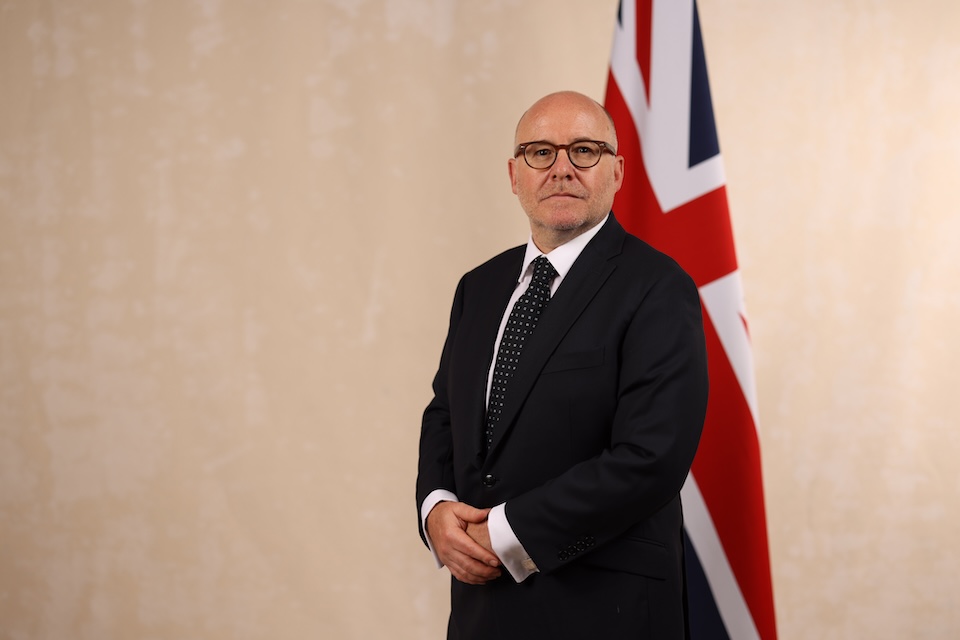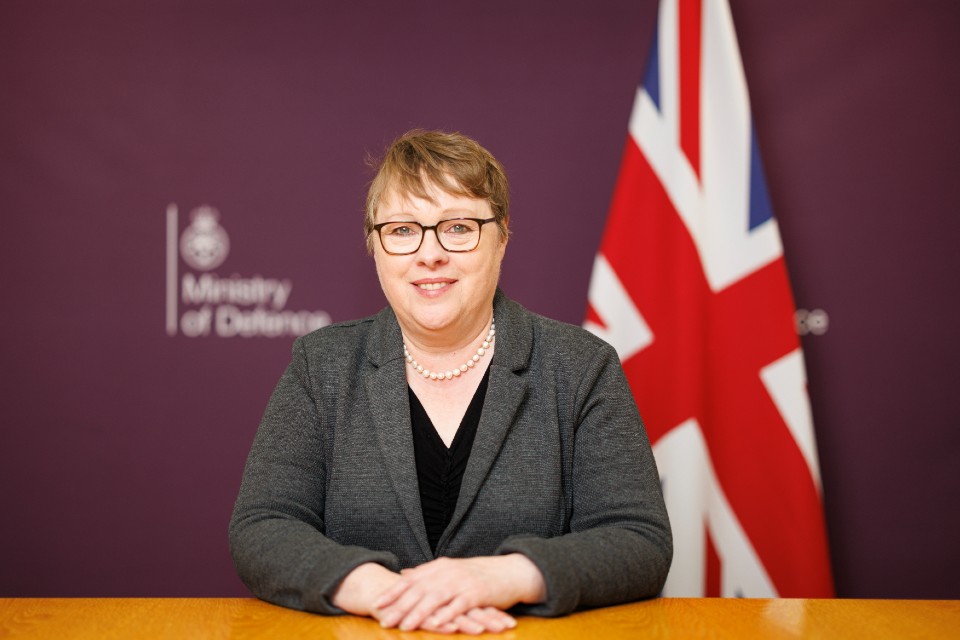Thank you for the kind introduction. It is an absolute pleasure to be here on behalf of HM Government alongside my colleagues the Solicitor General, Lucy Rigby, and the Parliamentary Under-Secretary of State in the Ministry of Justice, Lord Ponsonby. We are here, like all of you to lend our support to the importance of the work that SIFoCC.
This building and those that surround it in this the most famous of all square miles has been central to the story of our islands and to its success. I can think therefore of no more fitting place to talk about the marriage of two of the most cherished aims of this government namely growth and the rule of law.
This Government is absolutely committed to its mission to kickstart economic growth and raise living standards across the UK. Without sustainable long-term growth, it is not possible to build wealth in communities, create well-paying jobs, or ensure there is investment in public services.
The clear link between economic growth and the rule of law is now well established and underpinned by rigorous analysis. As both the then Lord Chief Justice Lord Burnett and the Deputy President of the UK Supreme Court, Lord Hodge have explained in public lectures, it is now widely acknowledged that there is a crucial link between a country’s commitment to the rule of law and its levels of innovation, inward investment, trade and economic growth. In the Lord Burnett’s words, “the importance of good governance through a commitment to the rule of law is widely recognised as underpinning prosperity.”
That insight has been given recent emphasis and recognition through the 2024 Nobel Prize in Economics, where three economists won the award for demonstrating the intrinsic importance of strong democratic institutions to economic flourishing.
Two of these – Daron Acemoglu and James A. Robinson – in their book Why Nations Fail, made the compelling case that fair and resilient institutions provide the foundations of prosperity. They cite examples such as the twin cities of Nogales, Arizona, and Nogales, Sonora across the border in Mexico – two places sharing a similar history and geography but with significant disparity in incomes. This disparity is not random. It is drawn from different institutions and cultures within each country – the stronger the institutions, the more robust democratic protections the greater the investment, technological development and wealth creation.
Through the Government’s commitment to the rule of law, we hope to provide the best possible conditions for the UK economy to grow. A strong rule of law framework provides the bedrock for our economy to grow – its gives the certainty that investors, shareholders, employers and employees need to flourish. They can do so know that contracts will be honoured and that where they are not or dispute arise they will be settled according to clear rules by fair and independent judges.
The combination of the legal culture in the UK, our fair, transparent rules-based system, the unparalleled reputation of our judiciary, and the expertise and professionalism of the legal sector makes the UK a destination of choice for business and dispute resolution. This is demonstrated well by the Commercial Court, which is a leading centre of international commercial litigation.
This government want to work together with the not just the legal sector but with the City and with industry to capitalise on our rule of law reputation as part of a drive to promote growth and investment in this country. We have a rich history on which to draw, and it is a story that is in all our interests to tell. In the Lord Chancellor and the Chancellor of the Exchequer you will find great partners in our shared endeavour of promoting the rule of law as a means of accelerating growth.
Our commitment to the rule of law and the benefits that it of course extends beyond our borders. International law and support for the international legal order is beneficial not just to the UK economy but to building prosperity around the globe. Adherence to the rule of law at the international level provides the necessary conditions of trust between nations and international security in which global free trade, investment flows and international commerce can flourish. It helps us move towards a world in which disputes are settled in courtrooms and arbitration centres rather than battlefields.
I could not end my remarks without briefly mentioning pro bono work, having been invited here tonight by Sir Robin who chairs the National Pro Bono Centre – and let me thank him for everything that he does.
The Law Officers champion pro bono work across the UK. The Solicitor General and I have the privilege to meet with the individuals and organisations, such as the National Pro Bono Centre and the regional pro bono committees, who have created a culture where pro bono work is part and parcel of a legal career. Pro bono work provides opportunities to develop skills, support the commercial sector, and give back to the wider community. It is a manifestation of our commitment to the rule of law – simply put, it reflects the best of us.








